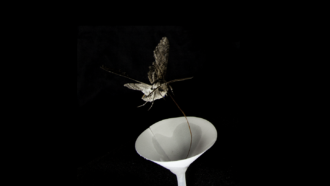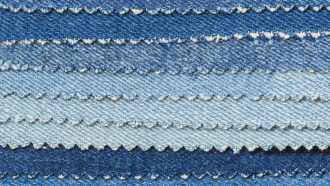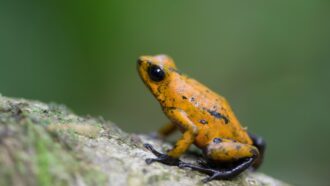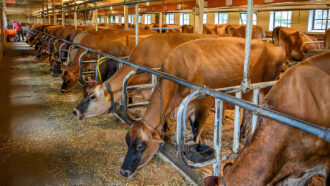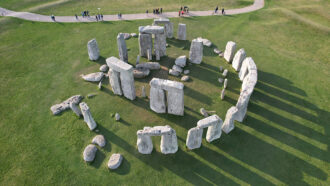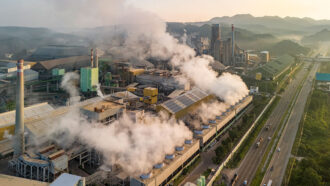Scientists Say: Organic
Organic is a word with two uses — one in chemistry and the other in agriculture
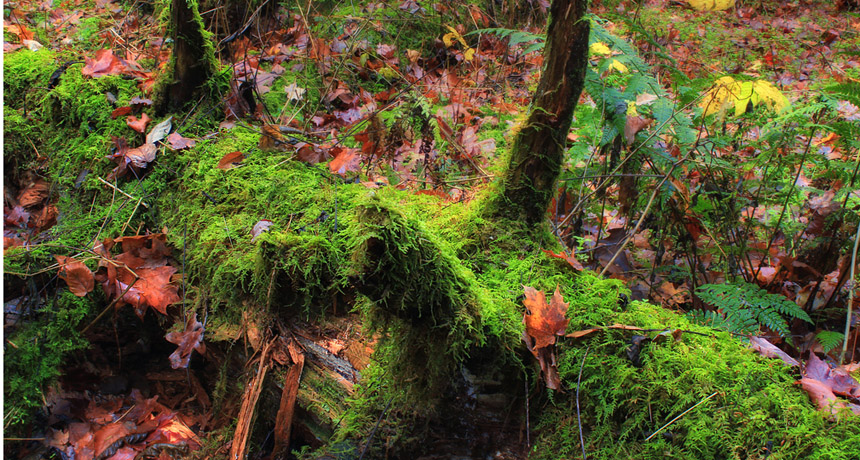
Many people hear organic and think of food. But this mossy log is covered in organic matter, too.
NICHOLAS A. TONELLI/FLICKR
Organic (noun, “Or-GAN-ik”)
Chemists use the word organic to refer to anything that contains carbon. Our bodies are made up of molecules containing carbon, so we are organic, as are plants and other living things. Water or pure elements such as iron do not contain carbon, and so are not organic.
Organic is also a word used in agriculture and the food industry. In this context, however, it refers to food grown without using synthetic chemicals to feed plants or to kill pests. Some naturally-derived pesticides are allowed. Governments control whether or not a food may be labeled as “organic.” In this case, the term has nothing to do with carbon content.
In a sentence
When forest plants die, their organic materials decompose to become part of the soil and to feed new organisms.
Or
Many people think organic food is healthier than conventionally grown plants, but so far scientists have not proven that this is true.
Follow Eureka! Lab on Twitter
Power Words
(for more about Power Words, click here)
chemistry The field of science that deals with the composition, structure and properties of substances and how they interact with one another. Chemists use this knowledge to study unfamiliar substances, to reproduce large quantities of useful substances or to design and create new and useful substances. (about compounds) The term is used to refer to the recipe of a compound, the way it’s produced or some of its properties.
fertilize (in biology) The merging of a male and a female reproductive cell (egg and sperm) to set in create a new, independent organism. (in agriculture and horticulture) To provide basic chemical nutrients for growth.
molecule An electrically neutral group of atoms that represents the smallest possible amount of a chemical compound. Molecules can be made of single types of atoms or of different types. For example, the oxygen in the air is made of two oxygen atoms (O2), but water is made of two hydrogen atoms and one oxygen atom (H2O).
organic (in chemistry) An adjective that indicates something is carbon-containing; a term that relates to the chemicals that make up living organisms. (in agriculture) Farm products grown without the use of non-natural and potentially toxic chemicals, such as pesticides.
organism Any living thing, from elephants and plants to bacteria and other types of single-celled life.
pesticide A chemical or mix of compounds used to kill insects, rodents or other organisms harmful to cultivated plants, pet or livestock, or unwanted organisms that infest homes, offices, farm buildings and other protected structures.
synthetic An adjective that describes something that did not arise naturally, but was instead created by people. Many have been developed to stand in for natural materials, such as synthetic rubber, synthetic diamond or a synthetic hormone. Some may even have a chemical makeup and structure identical to the original.
